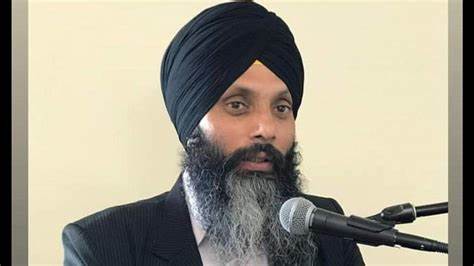LI Network
Published on: November 06, 2023 at 12:35 IST
The diplomatic impasse between India and Canada over the assassination of Khalistani separatist Hardeep Singh Nijjar, Indian High Commissioner to Canada, Sanjay Kumar Verma, has reiterated New Delhi’s stance, urging Canada to provide substantial evidence to substantiate its allegations implicating India.
Verma expressed his skepticism over the Canadian government’s allegations and stressed that India has not been presented with any concrete evidence to support Canada’s claims. He vehemently denied India’s involvement in Nijjar’s killing.
The Indian High Commissioner criticized Canadian Prime Minister Justin Trudeau for his public statements, asserting that they had damaged the ongoing Canadian police investigation. Verma pointed out that there has been a lack of specific and pertinent information provided by Canada to assist Indian authorities in the probe.
Trudeau had previously stated in the Canadian Parliament that Canadian security agencies were actively investigating potential connections between the Indian government and the killing of Hardeep Singh Nijjar.
Verma questioned the absence of conclusive evidence, stating, “Where is the evidence? Where is the conclusion of the investigation? I would go a step further and say now the investigation has already been tainted. A direction has come from someone at a high level to say India or Indian agents are behind it.”
He also raised concerns regarding the security of Indian diplomats in Canada, emphasizing the threats received from the Sikhs For Justice (SFJ) group and its leader, Gurpatwant Singh Pannun, in the aftermath of Nijjar’s death.
Verma regarded these threats as hate speech and an incitement to violence. He expressed apprehensions about his safety and the security of his consul generals.
Despite the diplomatic tension between the two countries, India remains interested in expanding business ties with Canada and returning to the negotiating table on a trade deal, according to Verma. He also highlighted that India has made 26 extradition requests to Canada in the past five to six years, but there has been no action on that front.
In response to the ongoing standoff, India’s External Affairs Minister S Jaishankar expressed hope for a diplomatic resolution. He emphasized the importance of addressing each other’s concerns while acknowledging that sovereignty and sensitivity cannot be one-way streets in international relations. Jaishankar indicated that both sides have been in touch to find a way to resolve the situation.

